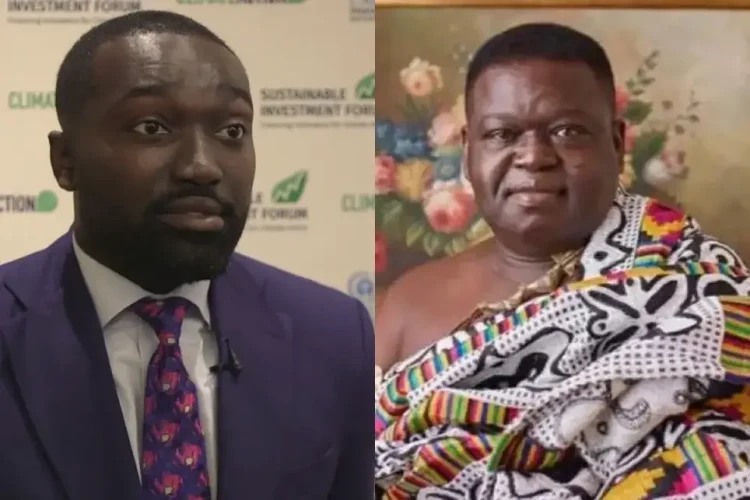A controversial contract worth over US$ 25 million to one Ofori Boateng of Strategic Security Systems (SSS) Limited 3SIL to provide Cocoa farmers Solar Torchlights has been halted after public outcry.
The contract with “opaque” procurement processes was said to have been “mistakenly” included in the 2024 Budget Statement but has since been secluded after the controversy.
3SIL led by their young CEO Ofori Boateng is yet to comment on the development.
The contract which is worth the Cedi equivalent of Ghs300million was awarded to a serial COCOBOD contract beneficiary, Company 3SIL, whose Executive Chairman and Founder is Dr Francis Akuamoah Boateng to supply the same Solar Lamps since the COCOBOD era of Isaac Osei And Ernest Fofie.
The first group to raise concern about the GHS300 million contract was the minority in parliament who expressed reservations over the government’s decision to allocate that amount for the purchase of solar torchlights.
The concerns were raised during deliberations on November 17, just before the approval of an $800 million loan agreement between the Ghana Cocoa Board (COCOBOD) and a consortium of banks and financial institutions to finance the procurement of cocoa beans for the upcoming 2023/2024 Crop Season.
Eric Opoku, the minority ranking member on Agriculture questioned the government’s priorities, stating, “Mr. Speaker, the government has provided in the 2024 budget that they are going to use over GH¢300 million Ghana cedis to purchase torchlight. Is that a priority at this time? At the time Government cannot even pay contractors.”
It is unclear whether the serial COCOBOD contracts to 3SIL and Ofori Boateng had gone through any competitive bidding process.
Checks by this portal on the PPA website failed to return a result.
There have been unverified reports that the company which boasts of providing services in Transportation & Logistic Services – Freight Forwarding, had once supplied the solar streetlight to COCOBOD for US$25, although it was procuring them for a paltry US$2 per unit, thus making a whooping US$23 before taxes and freight.
Some critics have said the GH¢300 million for the solar torchlights should rather go to farmers by way of cash, to supply beans and not solar torchlights.


